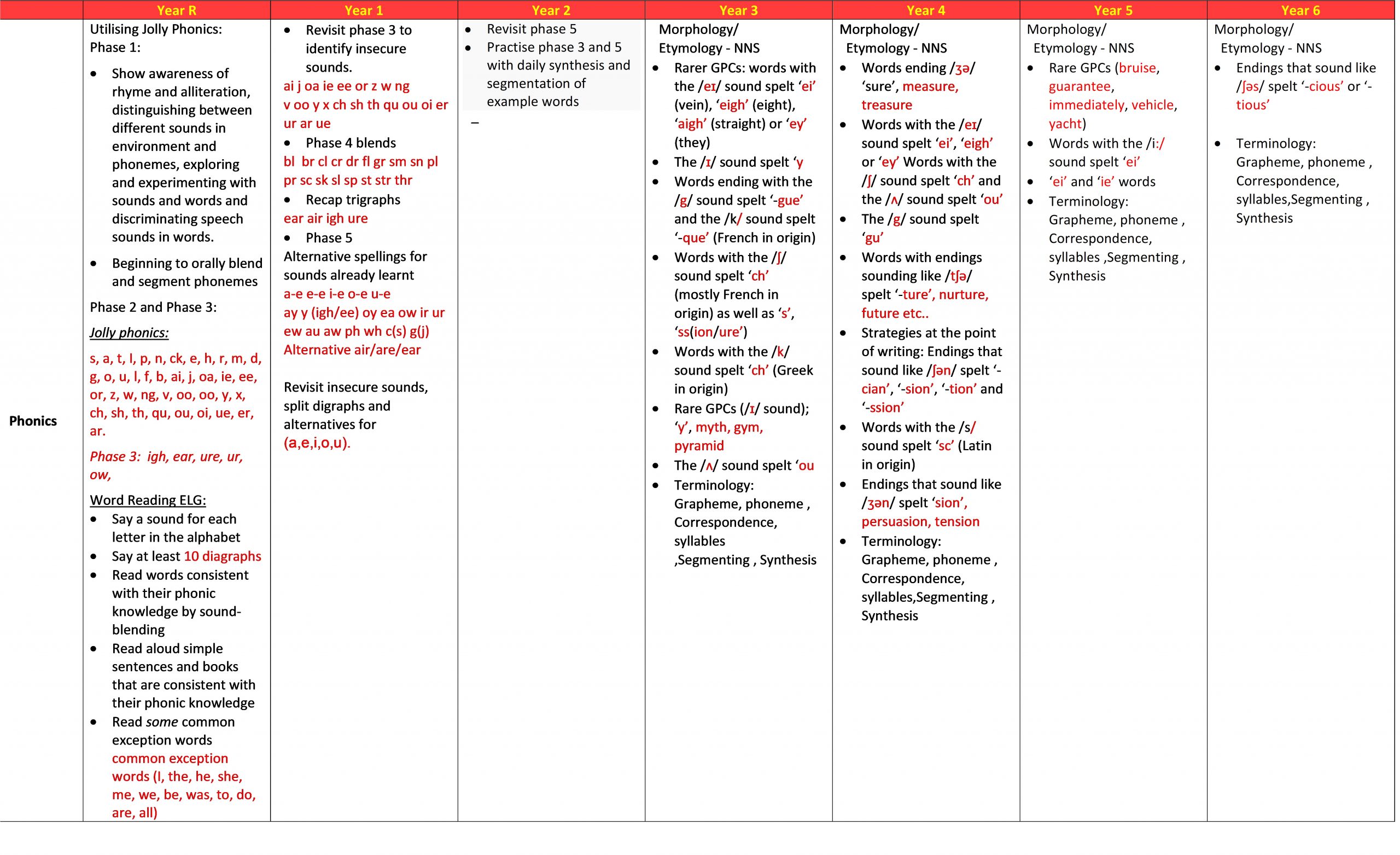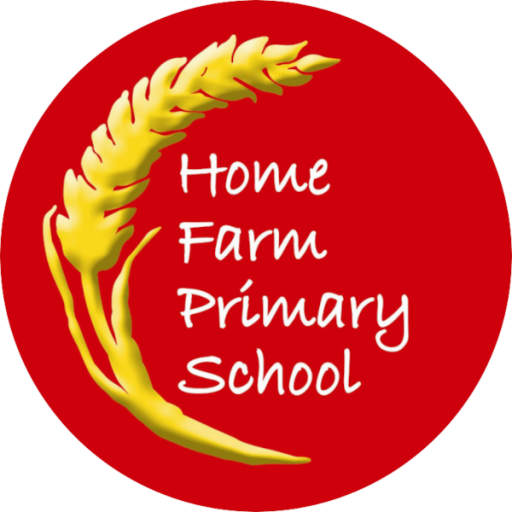National curriculum tests
Michael Tidd, author of the ‘Ramblings of a Teacher‘ blog has created some informative videos for parents about the KS1 and KS2 national curriculum tests. You can see his videos here.
Learning Links
In the children’s section of our website, you can find a series of learning links, which will take you to games and activities your child can play to help reinforce and consolidate their learning.
This includes a link to the Mathletics website and to activities provided by BBC Bitesize.
If you would like any other ideas for learning and games and activities, please ask your child’s class teacher for ideas.
Year 6 Transition Evening
EYFS to Year 1 Transition Guidance
Supporting your child with maths
Providing support to your child’s learning at home can be really valuable in reinforcing what they have learnt at school. These leaflets provide some useful tips and information for supporting your child’s learning in maths.
Supporting reading at home
This leaflet provides some useful ideas for parents and carers for supporting reading at home.
We have also provided some guidance on questions that you can ask your child when you are reading with them at home:
Print this handy bookmark at home and use it in your current reading book to help remind you of questions to ask about the reading
DERIC
We use a method of supporting reading called DERIC.
Your Daughter’s Future
Parents of our older girls might be interested in this resource, which provides help for parents on supporting their daughter’s education and career choices. Some of the content is focused on older girls, but there is some useful material on confidence, resilience and self-esteem issues.
Phonics
At Home Farm we use the Jolly Phonics programme for phonics in Reception and KS1 which is designed to help to teach children to read and spell with phonics. You can find more information and some practical help in the information leaflet for parents below. We have also included below other guides that we use to teach and assess phonic progression in EYFS and KS1, together with a link to a website that helps with the pronunciation of pure phonemes:
Jolly Phonics Phoneme Mat
Progression of Phonics


